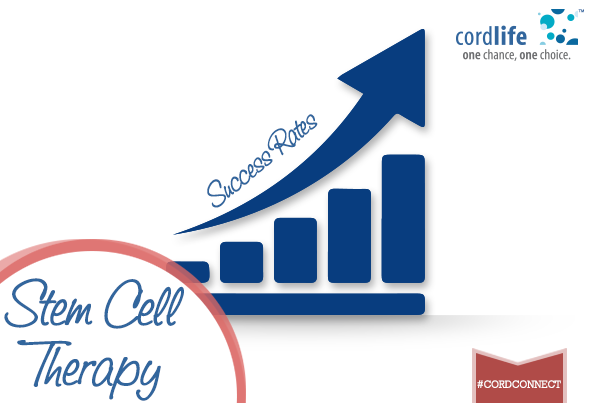Table of Contents
Is it possible that Stem Cell Therapy offers more successful treatment outcomes? New researches and studies seem to indicate so.
Scientists and researchers the world over continue with their studies into the efficacy of Stem Cell Therapy to address such incurable disorders as autism and Type 2 diabetes. However, if some reports are anything to go by, we may be closer to claiming a significantly high Stem Cell Therapy success rate in many treatments.
The success of Stem Cell Therapy in the treatment of as many as 80 serious disorders and diseases has already been established. Some of these diseases include myelomonocytic leukaemia to sickle cell disease. However, doctors and researchers are hoping to break new ground in the application of Stem Cells to treat such neurological disorders as autism and other anatomical anomalies as degenerative retinal issues. The premise of the treatment proposed in these cases is simple: infuse Stem Cells in the damaged or diseased organ so that new cells may be regenerated to correct the disorder. The Stem Cell Therapy success rate is currently being monitored for aplastic anaemia, Parkinson’s disease, retinal disorders and Type 2 diabetes.[1]
A study published in the Journal of Clinical Oncology in 2013 goes further to state that survival rates among patients who received blood Stem Cell transplants are significantly high, whether the cell donors are related or unrelated to them. The study assessed treatment outcomes for about 38,000 patients who had received blood Stem Cell transplants, and was mapped over a period of 12 years. The outcomes were heartening: 100 days after the transplant, the survival rates of patients suffering from Acute Myeloid Leukaemia (AML), Acute Lymphoblastic Leukaemia (ALL) and Myelodisplastic Syndrome (MDS) were all in the range of 65% and above, with related and unrelated donor transplants.[2]
The same study also noted a higher rate of unrelated stem cell donor numbers than before.
[1]http://www.explorestemcells.co.uk/whyperformstemcelltransplant.html
[2]http://www.sciencedaily.com/releases/2013/05/130528180857.htm
